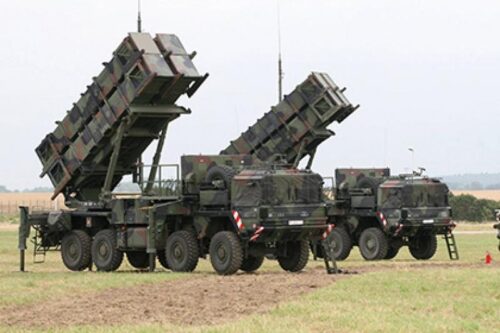
Seizing the moment: Armenia and Azerbaijan at a crossroads to establish geopolitical influence
The geopolitical turbulence triggered by Russia’s war in Ukraine, Western efforts to counter Moscow, and uncertainties surrounding the future of U.S. foreign policy underscore the strategic imperative of stabilizing the South Caucasus, War On The Rocks writes.
As noted, one of the region’s key vulnerabilities is Armenia’s closed borders and lack of diplomatic relations with two of its neighbors, Azerbaijan and Turkey. Armenia and Azerbaijan are nearing the conclusion of bilateral negotiations on a peace agreement. Simultaneously, Turkey and Armenia have been engaged in efforts to normalize relations, a process that Ankara ties to Baku’s approval. Prolonged delays in these negotiations risk making Armenia a flashpoint in the broader Russia-West standoff. In this volatile context, two decisive steps could significantly bolster regional stability: Turkey honoring its July 2022 commitment to open its border with Armenia to foreign nationals, and Azerbaijan and Armenia finalizing the preliminary peace agreement they have been negotiating. Such steps would not only promote stability but also unlock pathways for increased trade, deeper regional integration, and sustained prosperity for Armenia, Azerbaijan, and their neighbors.
As mentioned, concerns have arisen in Ankara and Baku about Armenia’s growing ties with the West. They worry this shift may exacerbate the region’s role as a stage for geopolitical drama between Russia and the West. Additionally, it could undermine Turkey and Azerbaijan’s shared ambition to enhance strategic influence through integrated trade and energy routes connecting with Central Asia.
For many years, Russia was seen as the primary obstacle to easing tensions in the region. A peace agreement between Azerbaijan and Armenia, or the normalization of relations between Turkey and Armenia, was thought to risk expanding Western influence in the region at Russia’s expense. However, this dynamic appears to have shifted. Russia’s influence in the region has diminished since its full-scale invasion of Ukraine, and the strategic divergence between the West and the Azerbaijan-Turkey alliance suggest that normalizing relations with Armenia may not necessarily lead to greater Western influence in the South Caucasus.



